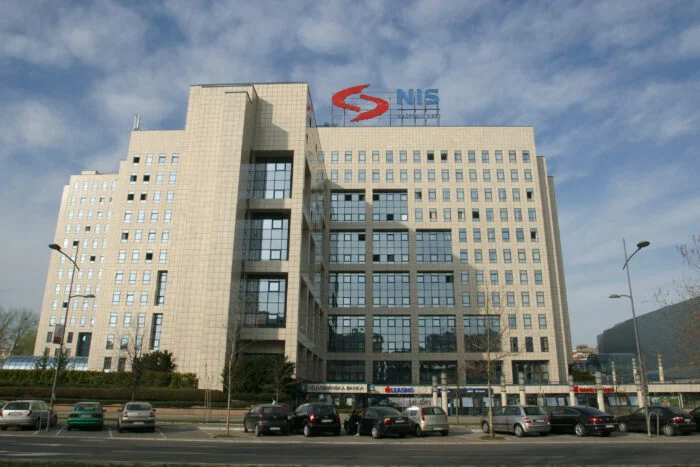Serbia under current EU crude oil and natural gas sanctions

After the Russian invasion of Ukraine in February 2022, the EU adopted a number of comprehensive and robust packages of restrictive sanctions. The latest, fourth package, COUNCIL REGULATION (EU) 2022/428, the EU adopted on 15 March 2022.
Starting from 15 May 2022, among other things, it is prohibited to “directly or indirectly engage in any transaction with:
• (b) a legal person, entity or body established outside the Union whose proprietary rights are directly or indirectly owned for more than 50 % by an entity listed in Annex XIX;” (Article 5aa, Paragraph 1).
Among entities listed in Annex XIX is the Russian gas and oil company Gazprom which, on February 2, 2009, had paid without a tender 400 million euros in cash for the privatization of 51% of shares of Naftna industrija Srbije (NIS), the Serbian state monopolistic company engaged in trade, distribution, production and processing of oil and gas. In March 2011, Gazprom bought additional 5,15% shares from the Serbian citizens and now owns 56.15% of total NIS’s shares. Together with NIS, Gazprom also bought exclusive rights to exploit its oil and gas reserves and its only gas storage facility in Banatski Dvor.
Interestingly enough, according to NIS’s statistical data in 2007, total Serbian reserve quantities were estimated to be 10.5 million tons of crude oil and 4.35 billion cubic meters of gas. In other words, NIS was sold for 400 million euro and the total value of only crude oil and gas reserves was about $9.7 billion or approximately 6.9 billion euros.
What is more, in 2012 according to the new law, the mining rent in Serbia was raised to 7%. However, for NIS the old mining rent of 3% has had to apply until the end of 2023. In comparison, mining rent for exploiting natural reserves is 22% in Russia.
Consequently, Serbia today is almost completely dependent on Russian crude oil imports and domestic crude oil exploitation. In the period between 2009-2019, domestic crude oil consumption was on average 81.5% oil domestic exploitation and crude oil imports from Russia. Furthermore, in the period between 2009-2019, domestic natural gas consumption was on average 95% covered by NIS’s natural gas domestic exploitation and natural gas imports from Russia. In a word, thanks to hazardous privatization of NIS, Serbia fell into complete energy dependence on Russia.
In a situation of monopolized crude oil and natural gas market it is no wonder that only in 2011, the second year after privatization, Gazprom made a net profit of 40.6 billion RSD (Serbian dinars) or 398.2 MEUR sufficient to repay the investment in the purchase of NIS. Resultantly, NIS is one of the biggest and most important and most profitable companies in Serbia. The share of its sales revenue in Serbian GDP in the period 2009-2019 averaged 5.2%. Not less important, NIS directly employs 11.000 and indirectly (suppliers and other connected business) 22.440 people.
Having in mind that Gazprom is a majority owner of NIS, COUNCIL REGULATION (EU) 2022/428, means that starting from 15 May 2022 Serbia will not be in a position to import crude oil and natural gas from Russia. As for the natural gas imports, in the 2009-2019 period, Serbia has been on average 74% dependent on Russia’s exports (not including NIS’s domestic natural gas exploitation). In the case of crude oil, in the 2009-2019 period, Serbia has been on average 46% dependent on Russia’s exports (not including NIS’s domestic crude oil exploitation).
Moreover, NIS buys crude oil not only in Russia but also in the world market and from companies in the region. For instance, the chief distributor of crude oil for NIS is state-owned Croatian oil pipeline company Janaf. Under this regulation, Janaf is not allowed to do business with NIS, meaning, that NIS will not be able to import crude oil at all. At the same time, this regulation does not apply to the EU countries – for example, Hungarian MOL, Austrian OMV and even the Russian Lukoil in Bulgaria are allowed to continue business as usual, i.e. to import gas and oil from Russia without any impediments.
The last information is that Serbia will be exempted from this regulation and what will happen next, remains to be seen.
The author is a researcher on the POPREBEL project. This project has received funding from the European Union’s Horizon 2020 research and innovation programme under grant agreement No 822682.
